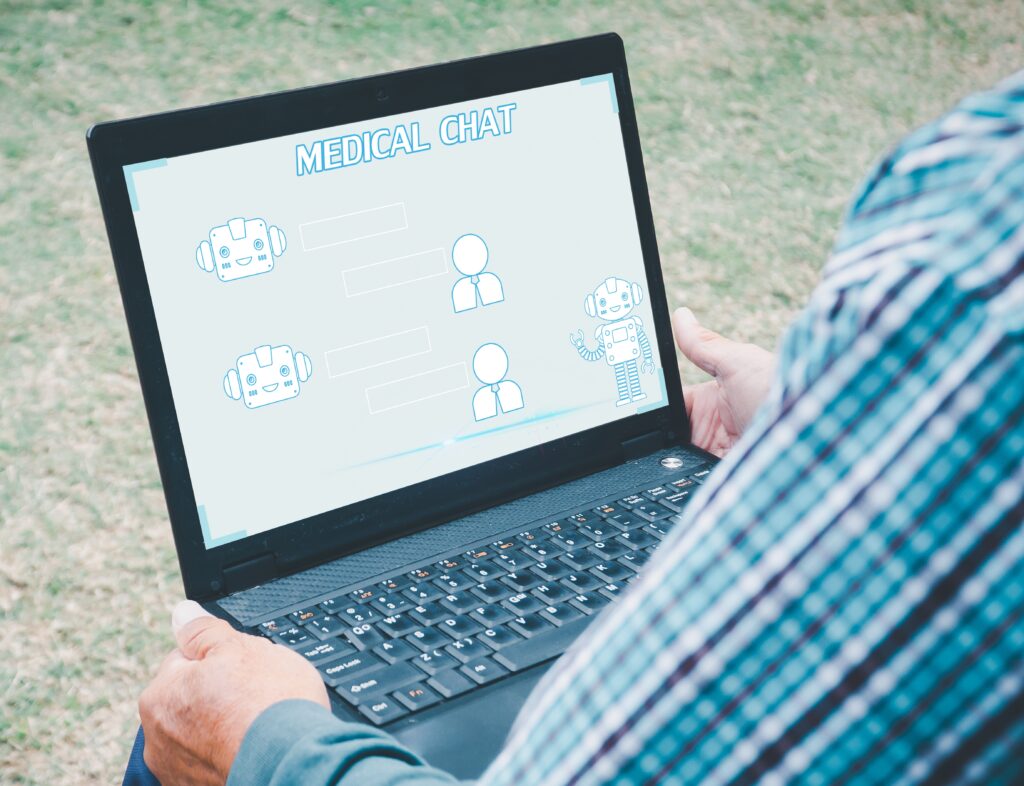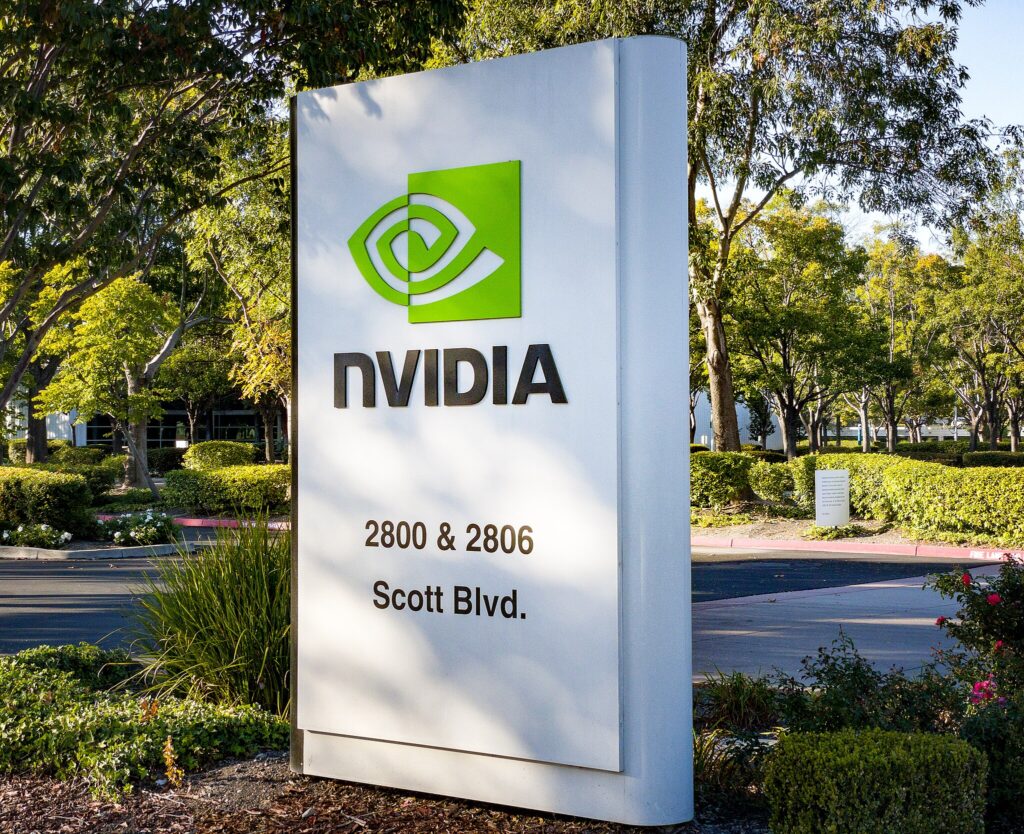High-performance computing (HPC) offers the speed and power needed to solve some of humanity’s greatest challenges. Traditionally, the field of HPC has been led by astrophysicists, physicists and chemists, and the idea of using HPC in healthcare is fairly new.
Leveraging HPC in healthcare has tremendous social value, benefiting not just individuals but society as a whole, particularly when paired with AI. AI itself has the potential to change the way healthcare works, with an important role in everything from public health to clinical settings. Put together, AI and HPC will rewrite the future of healthcare.
HPC has the capacity to revolutionize healthcare due to its ability to work effectively with the large data sets generated by public health systems, often in the form of images such as scans. But this enormous body of knowledge has remained largely unexplored. Until very recently, these data sets have been explored manually by human experts, a huge limiting factor in terms of turning this data into improved research results and more accurate diagnoses.
HPC will be crucial to enabling clinicians and researchers to ask the big questions in terms of both research and treatment decisions, as well as allowing healthcare professionals to ask big, complex questions and get answers much faster.
HPC and bioinformatics
HPC is particularly useful in bioinformatics, which is a multidisciplinary field that integrates the principles of mathematics, statistics, computer science and biological science. The role of bioinformatics in medical research is to extract knowledge from biomedical data. HPC systems are now evolving to meet bioinformaticians’ needs, with new hardware and software products allowing more sophisticated uses of data.
In life sciences, the time it takes to answer crucial questions is incredibly important. For instance, when it comes to seeing how a cancer patient will respond to a specific treatment, time matters a great deal. Speed is also imperative when spotting the signs of a new infection in society and stopping it before it spreads widely. The urgent need to create quick answers requires more powerful and sophisticated computing resources.
Understanding our genetic code
HPC enables us to not only be quick, but to also be accurate, allowing us to focus more on individual data. The life sciences industry is shifting from the development of blockbusters, which addresses the needs of the masses, to developing more niche, personalized solutions for patients. That’s the promise of genomics, the study of the genome. Genomics is providing us with a far more detailed understanding of what causes illness and infectious diseases and it’s underpinning the development of innovations that would have been unthinkable even a decade ago.
Rapidly decreasing DNA sequencing costs, combined with increasing computing power, means that we are able to understand the human genetic code like never before. We are well placed to harness genomics to respond quickly to evolving threats, such as COVID-19, as well as potential future pandemics. Genomics has the potential to revolutionize healthcare in many ways. It’s a game-changer.
Through genomics, scientists can identify a drug target, often a protein that is either misbehaving or has behavior that needs to be modulated. Once that protein is understood, it is important to think about how to make a small molecule that might actually interact with it. In order to do that, we need to understand and see the structure of the protein. For that, we need high-performance computing.
When we start to think about precision medicine, which takes into account genes and lifestyle for the individual patient, all of the data collected from edge devices, wearables, medical devices and IoT devices, need to show up and be computed at the same time. This must happen at a very high speed, which is where HPC comes in.
One application where artificial intelligence can make a huge difference is in the early detection of retinal disease. Visual impairment affects one in 20 people, according to the World Health Organization, but nearly 80 percent of this is avoidable if treated early. A project at the Barcelona Supercomputing Center is investigating how AI can improve the screening process, using analytical models to process scans of patients’ eyes via an HPC cluster. It’s a technology that has the potential to save the sight of millions of people, with AI helping human ophthalmologists spot problems early.
Another area where AI and HPC shine is cancer diagnosis and treatment. Multiple research universities are working on new diagnostic models for several different kinds of cancer, helping to ensure better diagnoses. Rather than relying on expensive and slow manual processes, deep learning methodologies match MRI scans and CT scans against a huge database of previous cases, offering radiologists pointers that help improve early diagnosis of cancer.
Why AI matters
Artificial intelligence will also be important to everything from drug discovery to public health and the clinical setting.
Drug manufacturers frequently apply machine learning techniques to extract chemical information from large compound data sets and use this to design new drugs for clinical trials. AI models can be trained to better select study participants with advanced statistical methods and to assess the results of the studies.
In the clinical setting, the potential of AI is enormous, ranging from the automation of diagnosis processes to therapeutic decision-making and clinical research. Among the most promising applications of AI is for the automated processing of cardiac imaging data, which is necessary for the assessment of cardiac structure and function. The generation of more accurate and automated echocardiograms with the use of AI is expected to reveal unrecognized imaging features that will facilitate the diagnosis of cardiovascular disease. It will also minimize the limitations associated with human interpretation of these scans.
AI can assist in the public health domain as well, in preventing disease, prolonging life and promoting health. It can help identify specific demographics or locations where the prevalence of disease or high-risk behaviors exist, allowing doctors to intensify contact with patients as well as to target services to specific individuals.
The last application of AI is in the administration of healthcare. A lack of bed availability in hospitals is an important cause of surgical cancellations and applying AI to optimize the availability of beds can help to decrease this.
Looking to the future
HPC and AI are incredibly valuable tools, and societies must ensure that it’s as easy as possible for healthcare organizations to use them. Research institutions should not be building everything themselves. Instead, we need to integrate these tools to minimize barriers as much as possible for healthcare organizations to make the most of these valuable technologies.
Combined with AI, HPC offers answers to many of the greatest questions we face in healthcare and has the potential to usher in a new era of medicine where treatments are personalized to each patient. Healthcare organizations need to have easy access to these technologies to take this journey to a brighter future.





